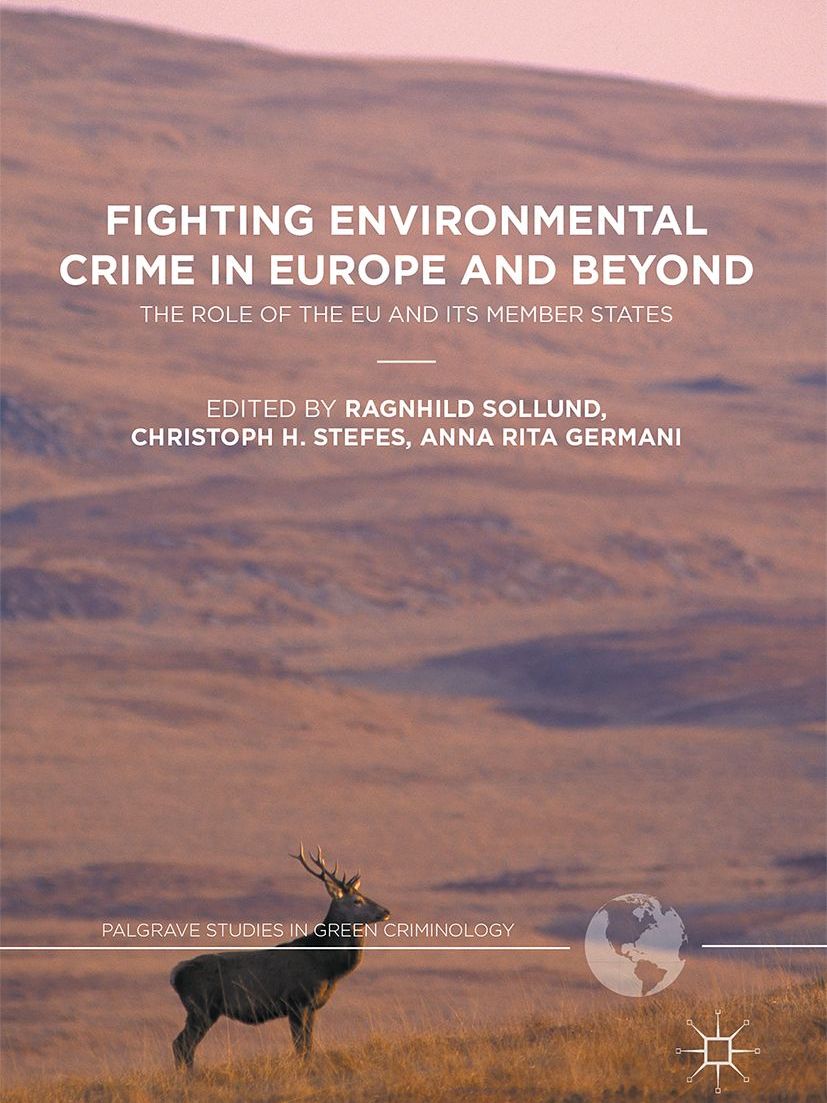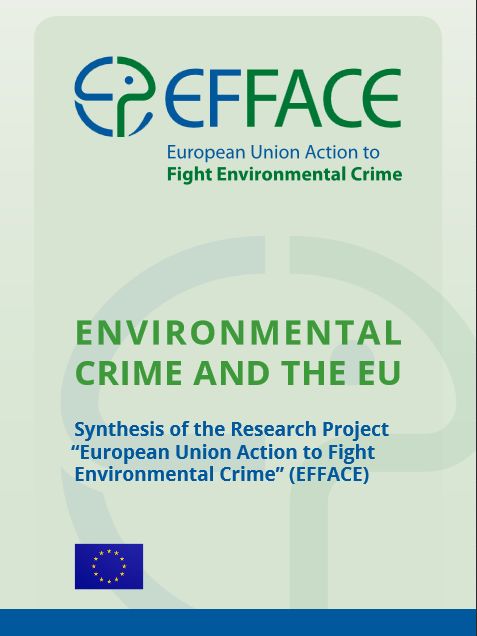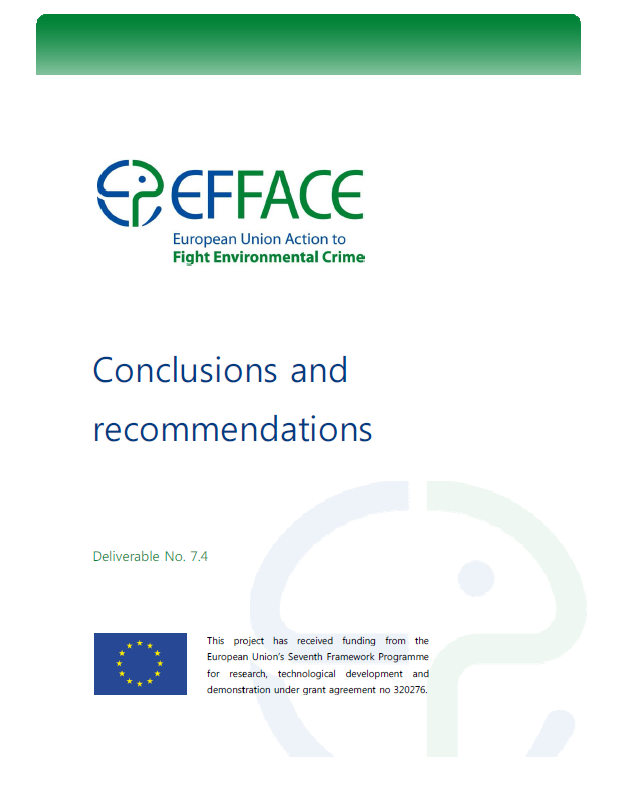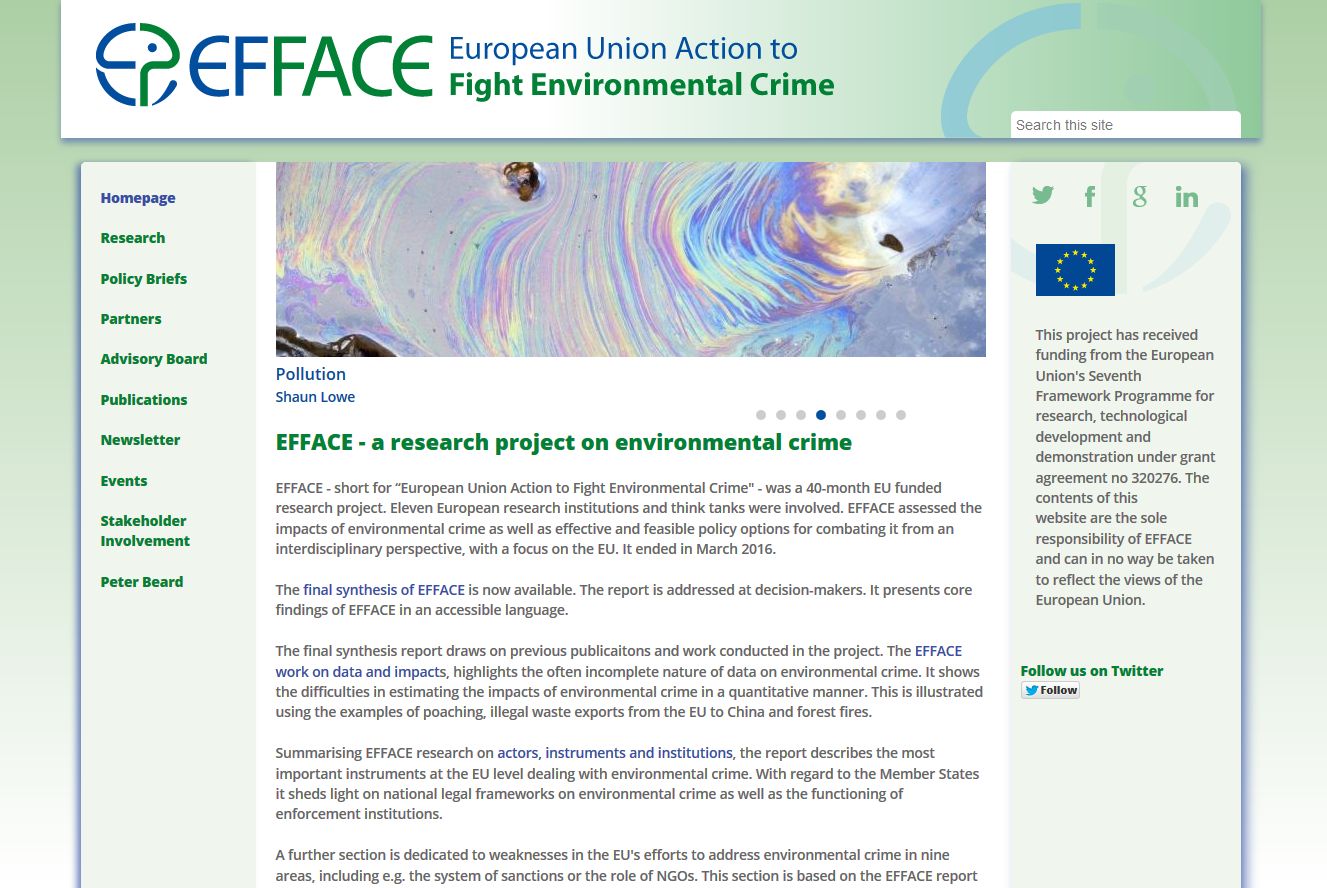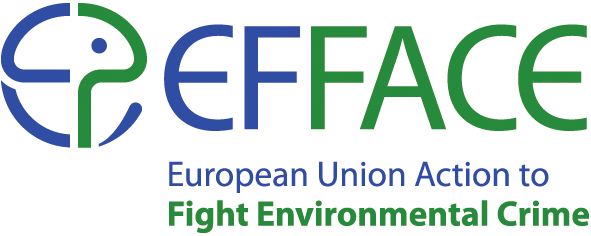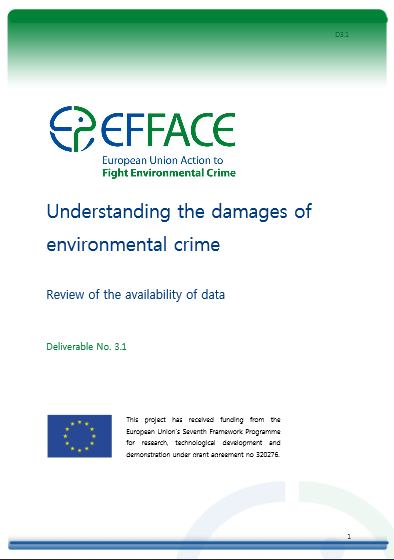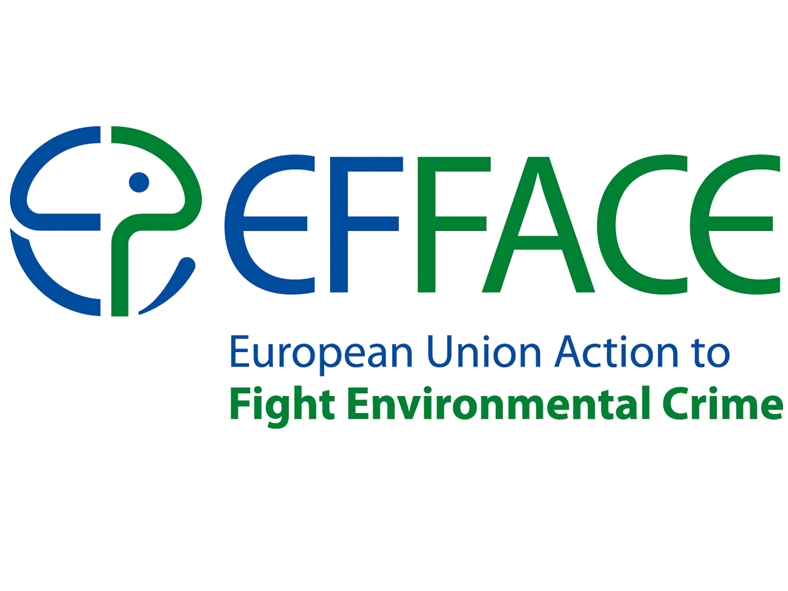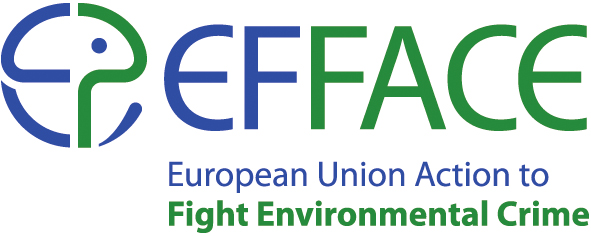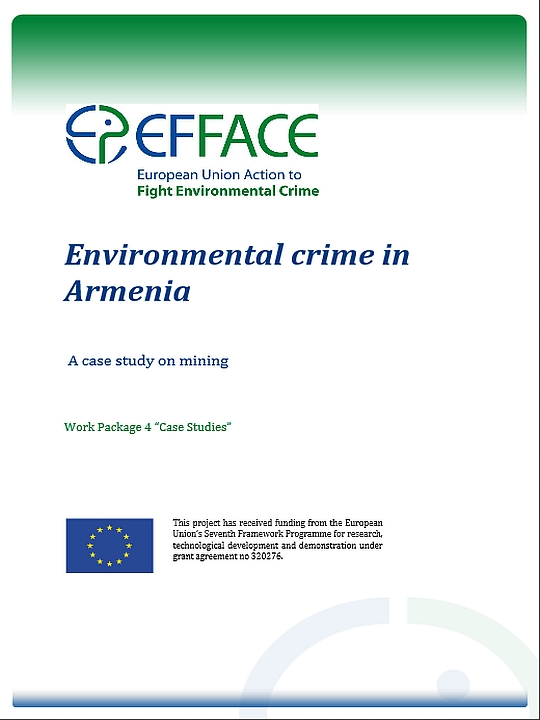The Effectiveness of the EU's Legislative Framework on Environmental Crime
- Presentation
- Date
-
- Location
- Aix en Provence, France
- Speech
-
Dr. Christiane Gerstetter
What do we know about the effectiveness of legislation to combat environmental crime within the EU and its Member States? And how can we measure its effectiveness? These were the two core questions that Christiane Gerstetter, Senior Fellow in Ecologic's Legal Team, addressed in a presentation at the conference of the European Environmental Law Forum in September 2015 in Aix-en-Provence. The presentation is available for download.
The presentation drew on results of the research project "European Union to Fight Environmental Crime" (EFFACE), which Ecologic Institute coordinates. Christiane Gerstetter highlighted in her presentation the difficulties in assessing the effectiveness of measures – such as the EU's Environmental Crime Directive – that are aimed at preventing and addressing environmental crime. Such measures would be effective if they indeed reduced the number of environmental crimes committed and by implication environmental degradation and pollution.
Yet the often hidden nature of illegal activities such as wildlife trafficking or dumping and exports of toxic waste makes it difficult to assess the degree to which the existing legislative framework actually has a deterrent effect. For example, complete and reliable data on e.g. the number of criminal proceedings do not exist for the majority of EU Member States. Even if they existed, they could be interpreted in different ways: A low number of cases could be a result of a lack of monitoring and enforcement activities and cases not reaching criminal courts. However, a low number of cases could also indicate high levels of compliance and a low level of crime. The lack of complete, comparable and reliable data makes it difficult to carry out a data-based assessment of the effectiveness of EU measures to fight environmental crime.
Yet, through qualitative methods such as interviews with enforcement officials, EFFACE has identified certain weaknesses in the enforcement of the legislative framework: a lack of specialization of enforcement institutions, prosecutors and judges, a lack of cooperation between different agencies (e.g. customs and police), a low priority for environmental crime with the enforcement chain and lenient sentences and a lack of data for risk-based approaches to enforcement. The evidence gathered in EFFACE suggests that it is mainly the inadequate enforcement of existing legal provisions that undermines the effectiveness of the existing legislation aimed at addressing environmental crime. According to Christiane Gerstetter, deficiencies in the existing legal frameworks do not seem to be the main obstacle in effectively combating environmental crime within the EU.



